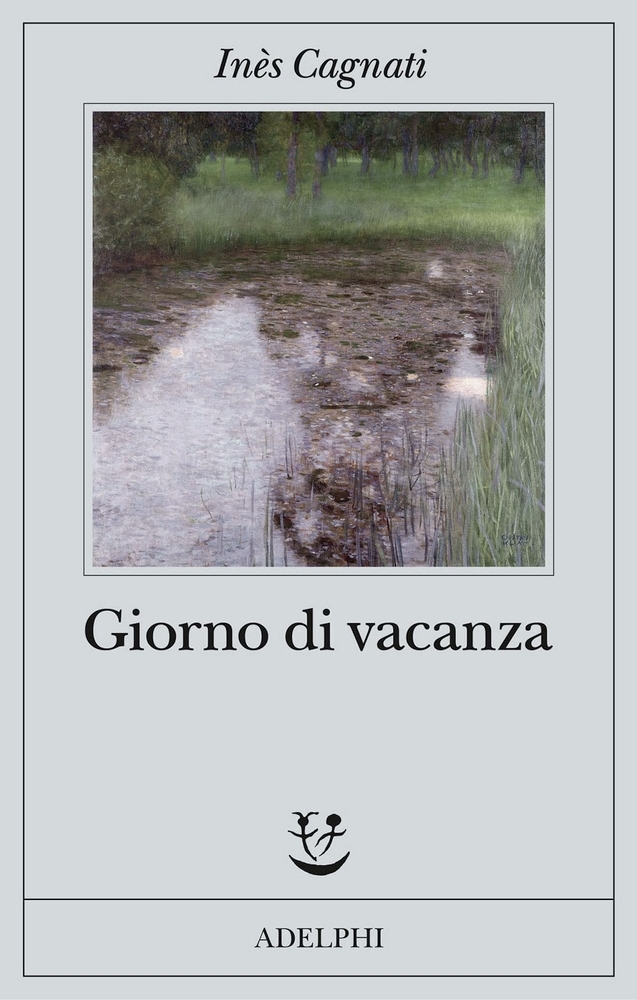“Sono nata, ormai, da così tanto tempo che ho avuto modo di abituarmici”.
I temi, l’ambiente e le voci narranti che prendono forma dalla felice penna di Ines Cagnati sono sempre gli stessi: famiglie miserabili che vivono ai margini della società civile, bambine o ragazzine che si ingegnano a sopravvivere in assenza di una famiglia accudente, una campagna ostile e necessaria al tempo stesso che diventa oggetto di un rapporto viscerale e quasi di un culto animico, perché il legame tra l’infanzia e la terra sostituisce quello con la madre.
Giorno di vacanza, bisogna ammetterlo, è forse il più lugubre fra i racconti di Cagnati. Qui ‘vacanza’ traduce la parola francese congé che però ha un richiamo semantico più ampio e getta un riverbero (ma di luce sinistra) verso il nostro “congedo”, forse nel senso di una separazione, di un allontanamento e finanche un addio.
La quattordicenne Galla, contro la volontà della sua ruvida e sbilenca famiglia, ha cominciato a frequentare il liceo, nonostante la miseria che non le permette di avere un grembiule rosa come le altre allieve (il suo è vergognosamente verde, eredità penosa di una -odiata- zia morta) e nonostante i 35 chilometri che la separano dalla scuola e che lei percorre ogni quindici giorni con la sua bicicletta, oggetto animato di vita riflessa: quella vita che la ragazzina proietta su ogni cosa che lei ritienga degna d’amore.
Amata è soprattutto Fanny, compagna di banco ricca e felice dal volto ridente pieno di luce, una fanciulla leggiadra, bella e buona … di sicuro perché è stata voluta, di sicuro perché è stata amata, al contrario di Galla, solo un impiastro fra le tante sorelle che riempiono l’inospitale casa in mezzo al nulla e sembrano tutte venute al mondo per sbaglio o per caso.
È un venerdì il giorno di vacanza in cui Galla torna a casa, sperando come sempre di trovare un po’ di calore umano ad accoglierla. Ma l’unico affetto che incontra, l’unico afflato materno, è quello della cagnetta Daisy che, insieme al suo piccolo appena nato, si prenderà cura anche di lei.
Tutto il resto è da scoprire.
Ma soprattutto è la voce di Galla, i suoi ragionamenti ben radicati nell’esperienza della sventura, l’odio motivato e la repulsione verso gli adulti inetti, ipocriti e violenti, la consapevolezza che l’aridità umana è senza speranza, al contrario della vitalità animale; è soprattutto questa voce affilata e cristallina a rendere la narrazione il miracolo che è, e perfino a farci sorridere, paradossalmente, ascoltando le riflessioni di Galla, mentre sprofondiamo in una inguaribile, paludosa tristezza.

